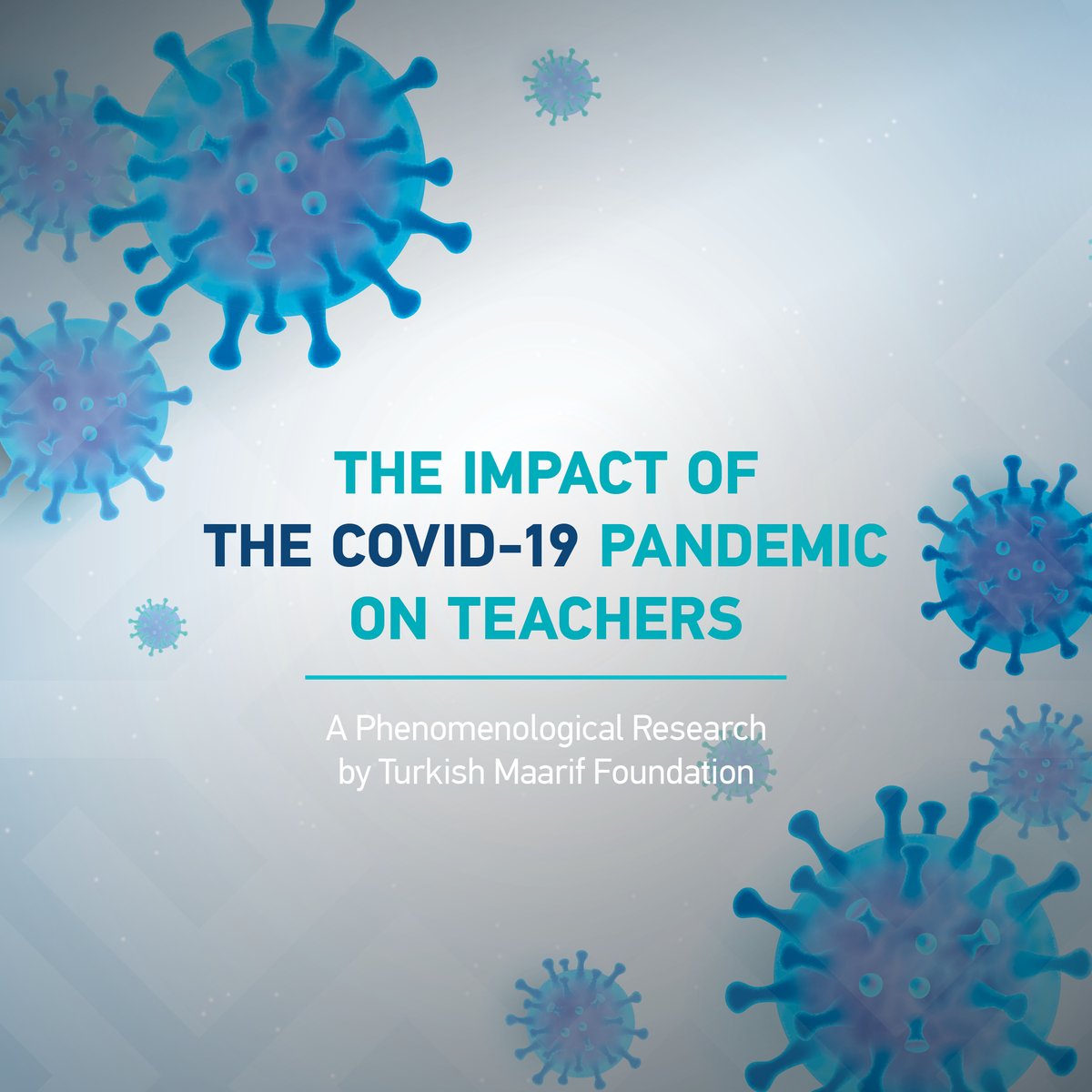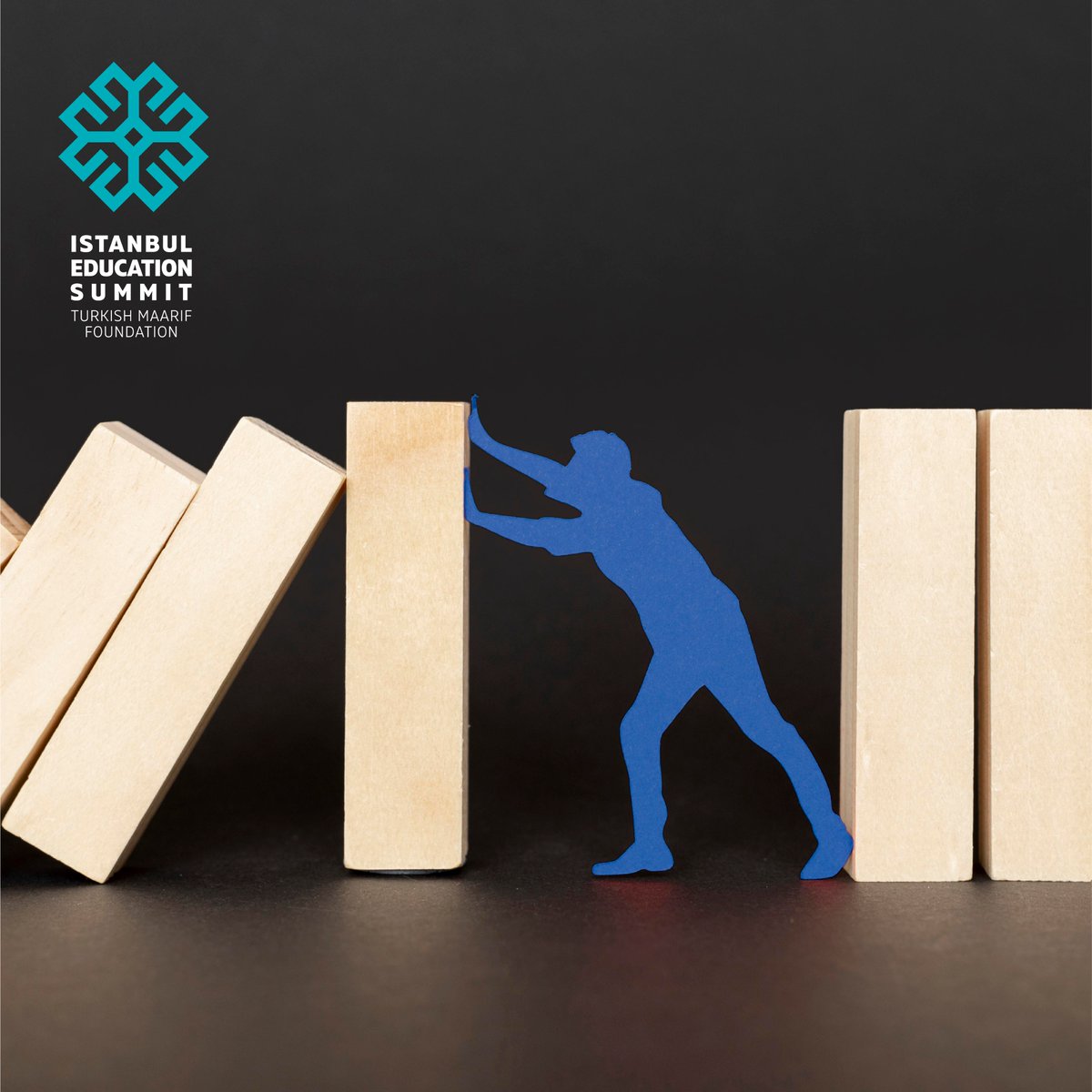
As in all fields in the digital age, the new trends have emerged in the field of education. Turkish Maarif Foundation follows the new trends very closely to provide better education, as can be seen from the title chosen by the foundation for #IstanbulEducationSummit.
#EduTrends
#EduTrends

In this thread, 5 methods will be shared to emphasise and explain new #trends in language #education.
#Flipped learning, which was developed to carry the #learning environment out of the classroom through technology and to transfer the practice phase given as homework into the classroom, is improving as an efficient method in language teaching. 

Flipped learning is a blended learning model in which content presentation and discussion shared with #students in the traditional classroom environment moved to an #online platform.
The learning activities planned to be done at home are carried into the traditional classroom to enrich and conduct the education under the guidance of the teacher (Demiralay&Karatas, 2014). The studies show using this model in language teaching produces positive a result.
The second method, mindfulness and social-emotional #teaching, suggests the teacher should assume a creative role for the efficiency of the teaching environment. #Teachers are considered responsible for creating and maintaining a social and e motional environment. 

For instance, technics such as Smiling Mind and Headspace can be useful not only at home but also in the #classroom, provide improvements in students' sleep, concentration, and general well-being. These improvements facilitate #language teaching and make it permanent.
Task-based learning, that another method in language #education, is based on the premise that learning is more permanent when students collaborate on #meaningful and #communicative tasks 

Task-based learning will only benefit in language teaching if the #theoretical and #traditional task-based activities are replaced with #modern equivalents that will develop communication and collaboration skills appropriate to students' interests.
For that reason, it is predicted that the nature and forms of skill-based activities will change, as language teachers will need to create more #useful and #purposeful activities in the coming years.
Do it yourself (DIY) method, a form of learning, has been on the rise as a more independent and interest-based learning style. #Students should be encouraged to follow specific interests so that they can learn the #language while having fun in the classroom and at home. 

While #students take an active role in the teaching process, teachers need to take a role as a guide about the #personalities and potential learning aspects of the students by discovering the needs and special interests of the #children.
When this is achieved, it is seen that #students learn by having fun and make it permanent by using what they have learned.
In recent years, #virtual reality has also come to the fore in #teaching environments as a new method in language #education. This trend is expected to expand further in the coming years with the launch of user-friendly applications such as Google's Expeditions. 

Virtual reality is hailed as one of the most exciting and cutting-edge #trends that could lead to a real #change in the way we blend #technology and #education inside, outside of school.
By this way, students will have more control over their #learning and can enjoy local learning #experiences by downloading the right app and purchasing the right equipment.🔚
• • •
Missing some Tweet in this thread? You can try to
force a refresh









